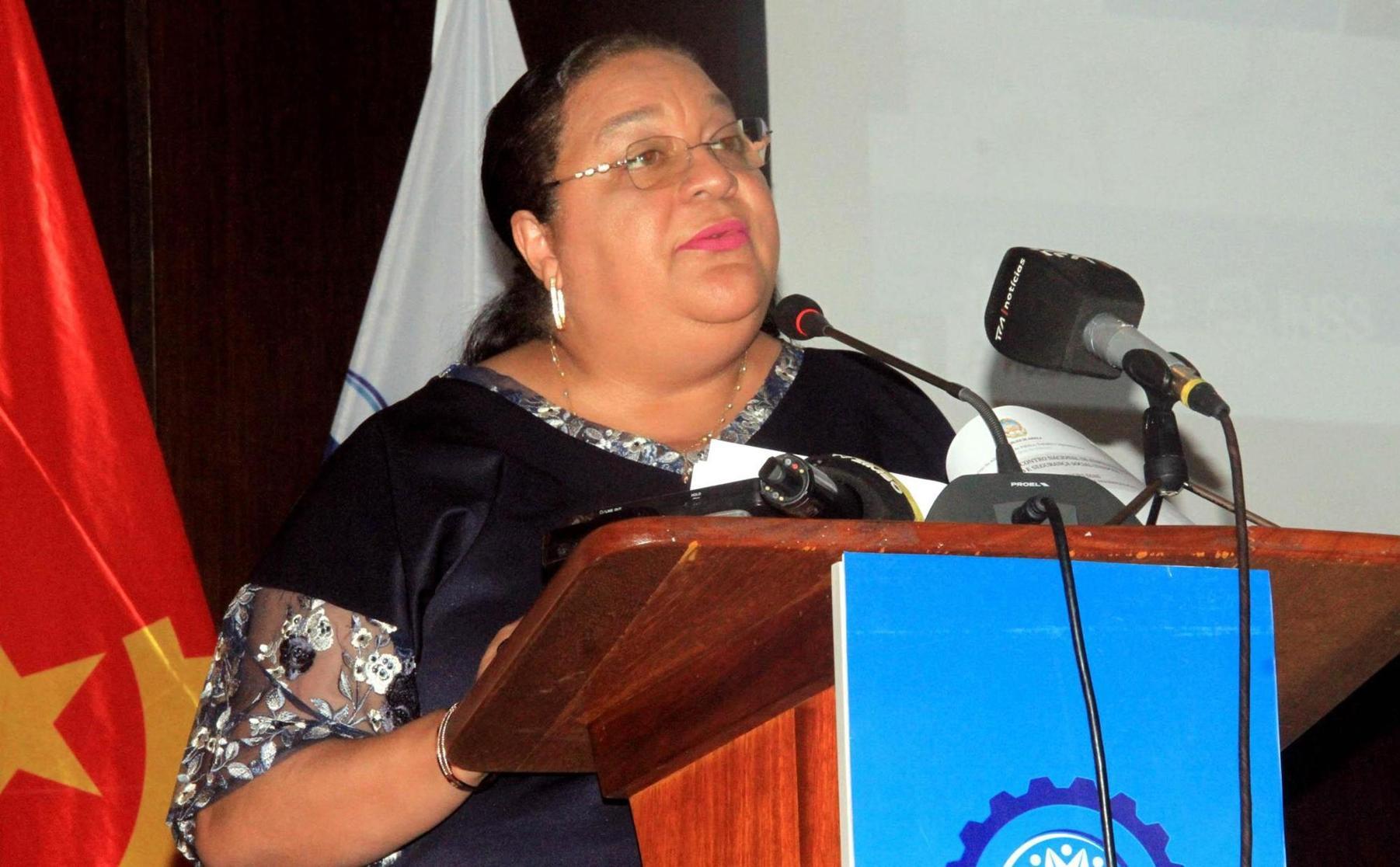Africa-Press – Angola. Angola is committed to eliminating the worst forms of child labour, said Tuesday in Geneva, Switzerland, the minister of Public Administration, Work and Social Security, Teresa Rodrigues Dias.
Speaking at the 111th session of the International Labor Conference, the official informed that the country carried out, in this context, the official launch of the National Action Plan for the Eradication of Child Labour, in 2022.
According to the minister, Angola created a Tripartite Multisectoral Commission, to strengthen the knowledge and skills of the main actors of the National Child Protection System, by 2025, having trained more than 530 citizens across the country.
Likewise, he said, the Angolan State has promoted the strengthening of social justice, based on the balance of work relations, inter-generational solidarity and the integration of the most vulnerable classes.
The objective, according to the minister, is to adapt the national legal system to the normative provisions and recommendations issued by the ILO, which updated, in 2022, the List of Prohibited or Restricted Work for Minors.
In his speech, he underlined that the Angolan State has implemented Programs to dignify minors, namely, the massification of the School Lunch Program and the reinforcement of the financing of the Monetary Transfer Program (Kwenda), which aims to finance the most needy families in the country.
In the same vein, Angola increased the number of classrooms, through the Integrated Intervention Plan in Municipalities, and reinforced inspections for the eradication of child labor, through the General Labor Inspectorate.
As part of the efforts launched by the Angolan State, with the aim of guaranteeing professional training for all, the minister said that it had been possible to build and equip 161 Professional Training Centres, under the tutelage of INEFOP.
In addition to these, there are also 1,281 Private Centres, licensed by the same Institute, which makes a total of 1,442 centers nationwide, having been able to train 318, 692 citizens during the previous five years.
The minister also mentioned the Professional Internships Programme, which enabled 6,143 Professional Internships to be activated, granted by more than 335 partner companies.
As for professional training, Teresa Rodrigues Dias said that the National Qualifications System was recently instituted, which will cohabit with the National Professional Training System, in order to have professional training adjusted to international requirements.
He explained, on the other hand, that another important step, in terms of social justice, was the recent institutionalization
of the National Employment Fund, whose target audience is unemployed citizens, with a view to improving national prospects for decent and productive employment.
He welcomed the efforts made by the Member States of the Community of Portuguese Speaking Countries (CPLP), in terms of Combating Child Labour, Labor Inspection, Safety and Health at Work, as well as Social Protection as a whole.
He highlighted the support reiterated by the Community in the process of Opening an ILO Country Office in Luanda-Angola, to serve the Portuguese-speaking African Countries, support that was endorsed on the sidelines of the Meeting of Ministers of Labor and Social Affairs of the CPLP , held in Benguela-Angola, on the 18th of May of the current year.
Within the scope of Mandatory Social Protection, the minister said that it is intended, in the period 2023/2027, to increase the number of registrations to 4,400,000, from the current 2,200. 000 policyholders, with the aim of promoting its expansion, namely in the agriculture, fisheries, small commercial and service activities, whose contribution rate is lower than that of the General Regime.
The 111th Session of the International Labor Conference runs until the 16th of June, under the motto “Social Justice for All”.
At this international event, workers, employers and government delegates from the ILO’s 187 Member States address a wide range of issues, including: a just transition to sustainable and inclusive economies, quality learning and the protection of workers.
The International Labor Organization (ILO) was created in 1919, and is responsible for formulating and applying international labor standards. workers.
For More News And Analysis About Angola Follow Africa-Press






